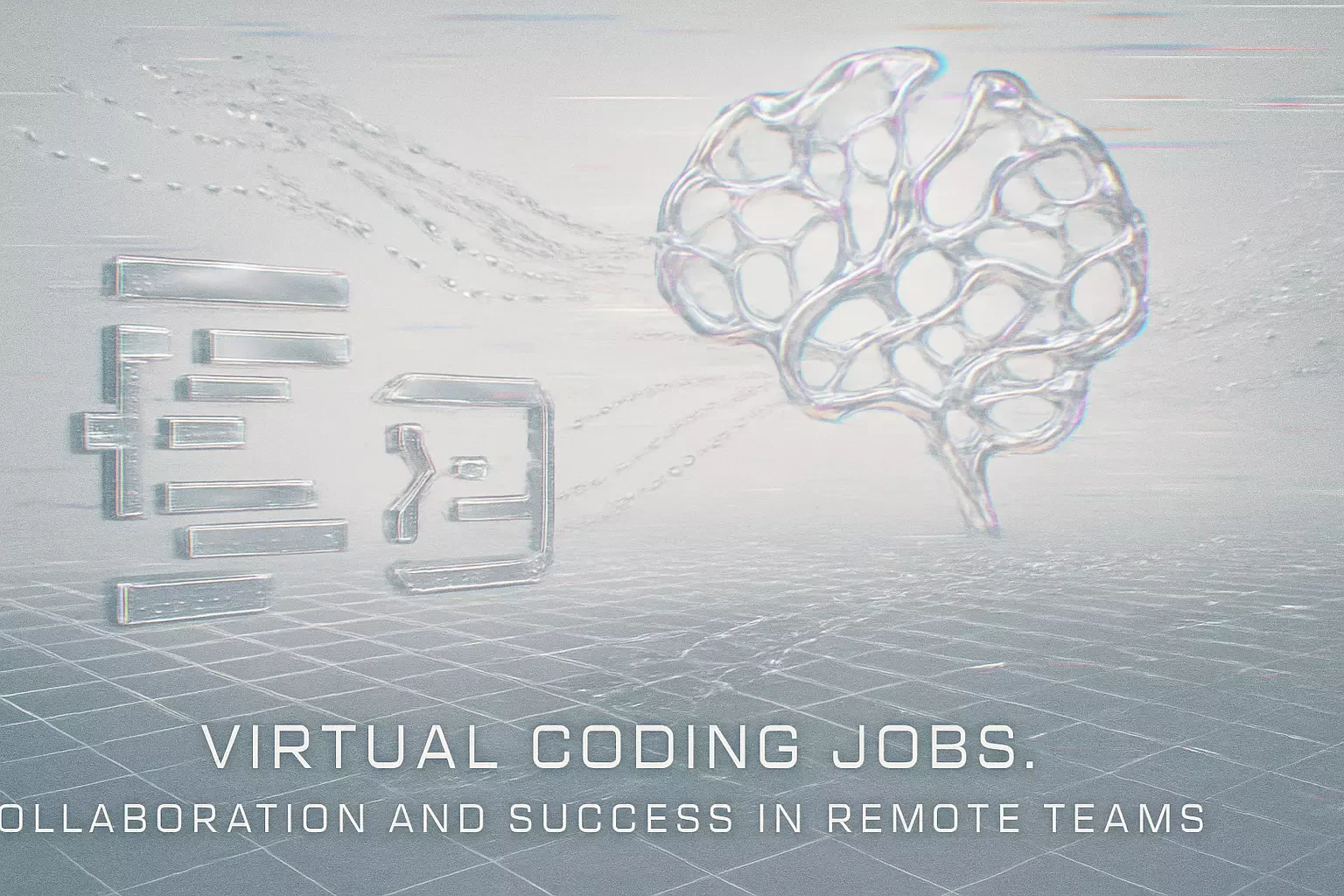Virtual Coding Jobs: Collaboration and Success in Remote Teams

Virtual Coding Jobs: Collaboration and Success in Remote Teams
The Essential Toolkit for Remote Developers
Communication Hubs: Slack, Microsoft Teams, and Zoom
Project Management Platforms: Jira, Trello, and Asana
Code Collaboration and Version Control: GitHub, GitLab
Mastering Remote Communication and Collaboration
Establishing Clear Communication Protocols
The Power of Asynchronous Communication
Running Effective Virtual Meetings
Building Trust and Rapport Remotely
The Skills That Define a Successful Remote Coder
Self-Discipline and Proactive Initiative
Adaptability and Cross-Cultural Awareness
Strong Problem-Solving and Analytical Skills
Conclusion
References
Virtual Coding Jobs: Collaboration and Success in Remote Teams
The Essential Toolkit for Remote Developers
Communication Hubs: Slack, Microsoft Teams, and Zoom
Project Management Platforms: Jira, Trello, and Asana
Code Collaboration and Version Control: GitHub, GitLab
Mastering Remote Communication and Collaboration
Establishing Clear Communication Protocols
The Power of Asynchronous Communication
Running Effective Virtual Meetings
Building Trust and Rapport Remotely
The Skills That Define a Successful Remote Coder
Self-Discipline and Proactive Initiative
Adaptability and Cross-Cultural Awareness
Strong Problem-Solving and Analytical Skills
Conclusion
References
Posted Jun 20, 2025
Thrive in virtual coding jobs by mastering remote collaboration. Learn about the essential tools, communication strategies, and skills needed for success in 2025.










